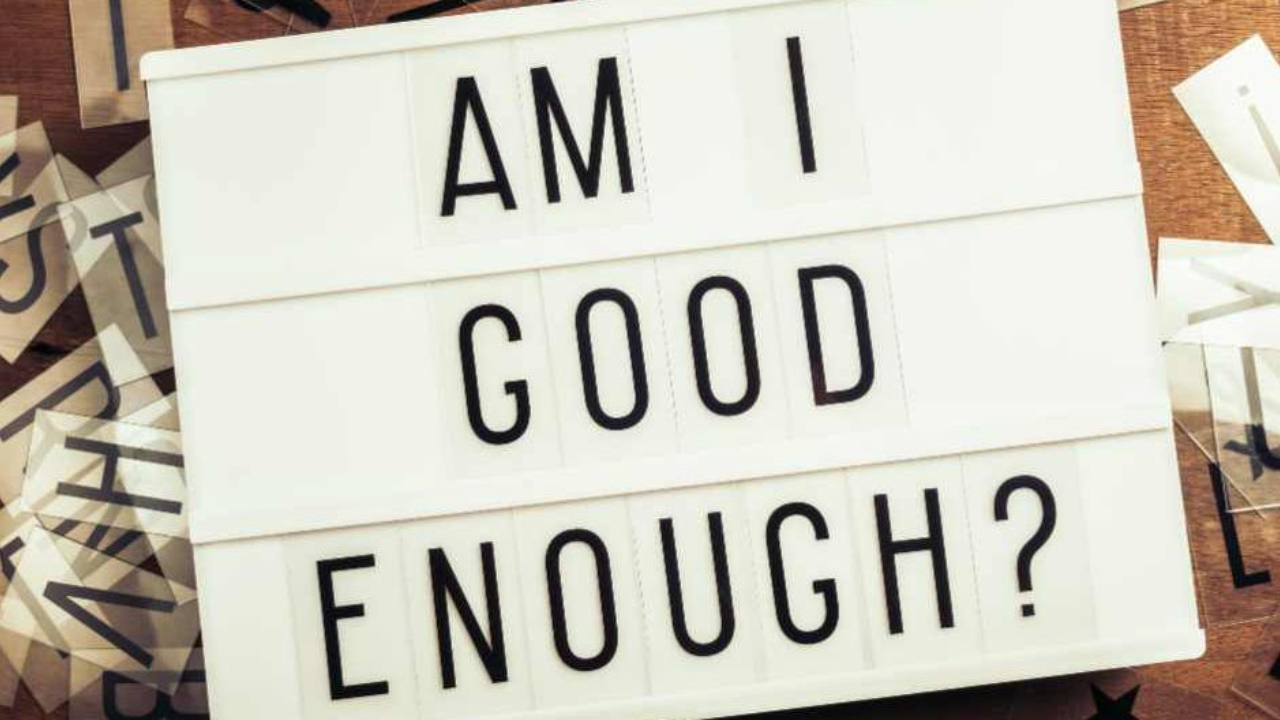Understanding ADHD: What Every Michigan Family Needs to Know
Oct 15, 2025
Getting a new diagnosis of ADHD in the family can be overwhelming and, frankly, a little mystifying. One of the most common concerns is understanding what ADHD really means for children, teens, and adults—especially in a world that so often mislabels, misunderstands, and pathologizes differences in thinking and behavior. In this post, we’ll break down some of the key insights from Dr. Russell Barkley’s renowned, evidence-informed perspective, clarifying what ADHD is—and isn’t. This is essential reading for Michigan parents, LGBTQIA+ youth, and loved ones seeking both clarity and compassion, and it all ties back to Being Human Group’s core values of inclusivity, authenticity, and whole-person mental health.
What is ADHD, Really?
"ADHD is a developmental disability," Dr. Barkley shares. Let’s pause on that phrase: developmental disability. Unlike conditions like depression or schizophrenia—which are characterized by grossly abnormal behaviors at any age—developmental disabilities are about timing: specifically, when certain psychological traits grow or mature.
-
ADHD is not a sign of inferiority or a “bad kid.”
-
It is not a moral failing or a lack of willpower.
-
ADHD is a chronic lag, not just a temporary setback, in developing certain regulatory and executive functioning skills.
Put simply, ADHD is about differences in development, not about brokenness or being “less than” others.
Quantitative, Not Qualitative: Breaking Down the Difference
One of the essential misunderstandings about ADHD is the idea that people with ADHD are “fundamentally different” from everyone else—the “hunter in a classroom of farmers” myth, as Dr. Barkley sharply calls out. Instead, research shows:
-
ADHD does not make someone a different species or type of human.
-
The difference is degree, not kind. Think of it like being taller or shorter, a faster or slower reader—not a different model of person.
-
Embracing this understanding helps combat stigma and shame, reducing the risk of internalized self-criticism and “othering.”
“You are not defective, you are different—and different is entirely human.”
Seeing ADHD Through An Affirming Lens
At Being Human Group, we work with children, teens, adults, and families across Michigan, including many in the LGBTQIA+ community, who have experienced the unique frustrations that come with ADHD—especially in environments that lack understanding or flexibility. Here’s what it means to practice an affirming, empowering approach to ADHD:
-
Normalize the spectrum of human development. Every person’s brain has its own pace for developing skills like attention, impulse control, and organization.
-
Acknowledge chronicity and support long-term management. This isn’t a “wait it out” scenario. People with ADHD require ongoing tools, advocacy, and authentic self-acceptance.
-
Celebrate diversity in thinking and problem-solving. Neurodiversity is a strength—our communities thrive when people bring a range of strategies, creativity, and experiences.
If you’re seeking gender-affirming or LGBTQIA+-affirming care, know that our practice is active and vocal in supporting each person’s whole self. Explore more at our LGBTQIA+ Mental Health page.
A (Composite) Family Story: Shifting the Narrative
When the Rodriguez family* first came to our clinic, their 12-year-old, Alex, had just been diagnosed with ADHD. “We thought it meant we’d done something wrong as parents—or that Alex wasn’t trying hard enough at school,” Alex’s mom remembered.
Through sessions focused on education and acceptance, everyone in the family learned that Alex’s ADHD didn’t mean they were fundamentally “broken” or “other.” Instead, the difference was like reading at a different pace than others, not being unable to read at all. Alex described the relief in their own words:
“It’s like knowing I’m still on the same path, maybe taking a different number of steps, not somewhere weird or lost.”
* Details are changed for privacy.
Practical Steps: Supporting a Loved One with ADHD
Living with or caring for someone with ADHD can still feel overwhelming. Here’s what helps:
-
Educate yourself with reliable information. Beware of “pop science” myths about ADHD being a “special gift” or a fundamental difference in kind—stick with respected, science-based sources and mental health professionals.
-
Advocate for developmentally appropriate expectations. Remember that skills will come—just not always on the typical timeline. Adjust expectations at home and at school to better match your child’s needs.
-
Build in structure and celebrate progress. Small routines and noticing successes go a long way.
-
Seek affirming therapy and community. Whether it’s for your child or yourself, a therapist experienced in developmental disorders, especially one who affirms diverse identities, can be a game changer. View our Being Human Group trauma recovery and anxiety management services.
Debunking the ADHD Myth
Dr. Barkley warns against the popular mythologizing of ADHD as a “special” or “non-compliant” way of being that makes a child fundamentally "other". The real science? ADHD differences are measurable and developmental, not magical or categorically exceptional. There’s liberation in this knowledge: difference does not mean deficit or lesser value—it means “difference in degree.”
As the activist and author Alok Vaid-Menon wrote,
“There is no such thing as too much or too little, only what is—worthy of love, support, and understanding.”
Moving Forward with Positive Awareness: ADHD and Mental Health
Understanding ADHD as a developmental difference, not a defect or a mythological superpower, is key to empowering families, young people, and especially those in marginalized communities. At Being Human Group, we’re committed to fostering affirmation, resilience, and real-world coping tools.
Want to talk with someone who gets it—and sees the whole person, not just the diagnosis? Learn more about our Michigan therapy services, schedule a consultation, or browse insights from our expert therapist team at Being Human Group.
Bring your questions, your hopes, and your stories. There’s a place here for every version of being beautifully, wholly human.

